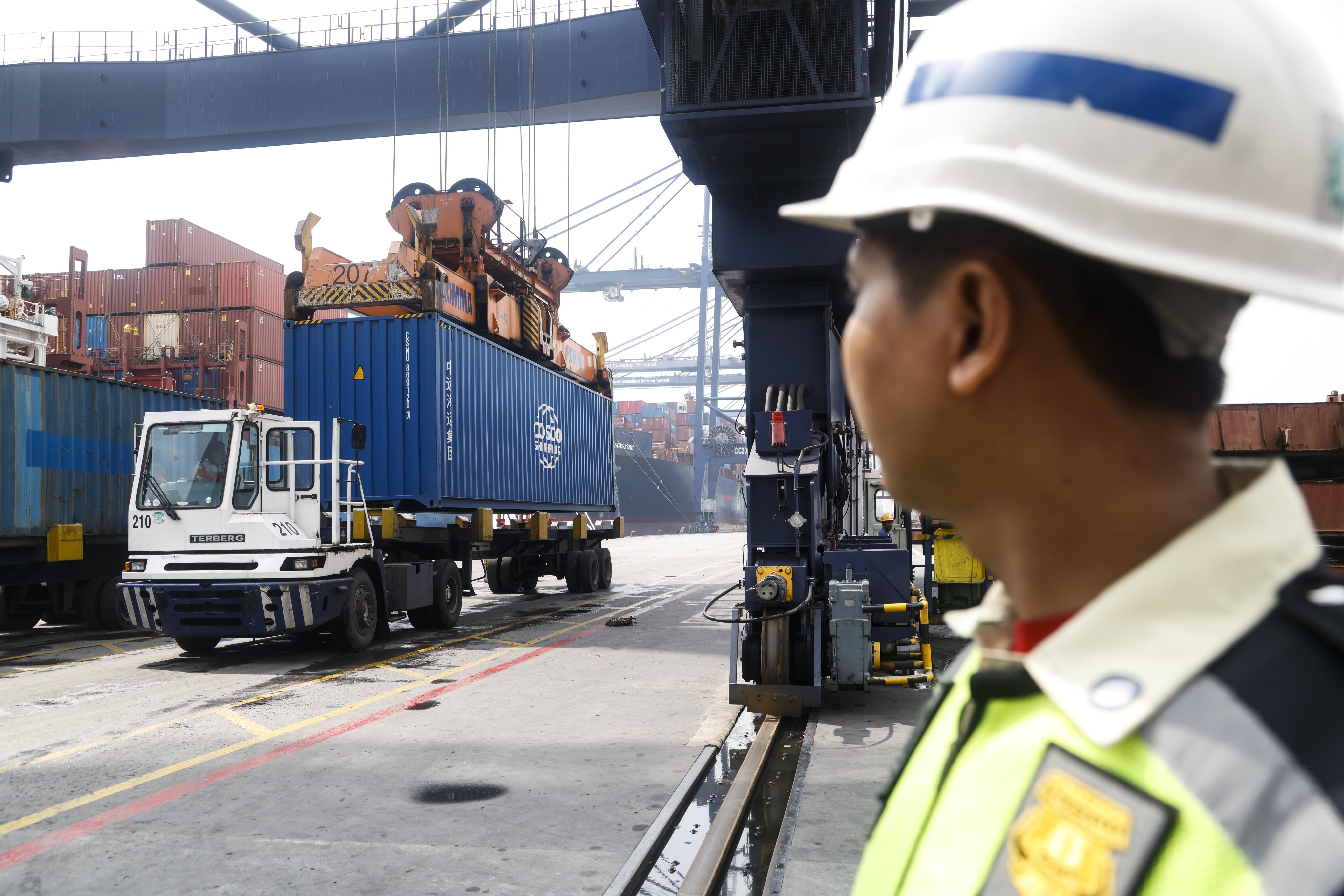As trade deals show, the US now seeks rent from Asean, not partnership
If Washington keeps treating Asean as a cash register, it will accelerate what it fears: a pivot towards China

US President Donald Trump’s return to tariff diplomacy is on full display in Southeast Asia as he boasts of trade deals with first Vietnam, then Indonesia. The region faces some of the world’s steepest US tariffs come August 1, and many countries have rushed into last-minute talks to avoid economic fallout.
Trump has announced a 19 per cent tariff on all Indonesian goods entering the United States under a deal, down from 32 per cent, with Indonesia agreeing in return to buy 50 Boeing jets and spend US$19.5 billion on US energy and farm products – essentially prepaying for tariff relief. This mirrors Vietnam’s deal of a 20 per cent tariff, down from 46 per cent, by essentially agreeing to curb Chinese transshipments.
Since Trump launched his global tariff war in April, introducing a baseline 10 per cent and threatening additional tariffs unless countries negotiated US trade deals, few countries have signed up. Other than Vietnam and Indonesia, only Britain has a deal. Others, such as the European Union, are readying retaliatory measures even as they continue to negotiate a deal.
For Southeast Asia, these arrangements signal a shift in the US trade strategy – one that threatens to turn Asean members from competitive manufacturing hubs into “fee for access” economies.
Washington isn’t offering real integration or mutually beneficial trade. Instead, it’s monetising market access, demanding higher tariffs and mandatory purchases. This transactional model may score short-term wins for US negotiators, but it undermines the competitiveness and sovereignty of the Association of Southeast Asian Nations, tying the region into a rent-seeking system rather than a strategic partnership.
For starters, US tariffs on most Asean exports have risen dramatically, with access to the American market monetised under the guise of “deals”. Even goods from Vietnam and Indonesia, which used to face most-favoured nation tariffs of 9.4 per cent and 8 per cent respectively on average, now attract more than double that.
The US is building a lucrative toll system, charging for market entry and funnelling revenue into its coffers. This isn’t liberal trade; it’s commoditised entry, where tariff cuts are treated as favours.
Second, Washington is converting US market access into an invoice of purchasing commitments, effectively extracting economic rent from Asean’s economies. These are politically driven import quotas, not market-based decisions. Governments are under pressure to spend big to secure US approval, just as China did with the 2020 phase-one trade deal.
The result is distorted procurement: companies that might have sourced inputs more competitively elsewhere are forced to buy American. Asean members are not just paying the tariffs; they are also paying in product orders, thus doubly charged for trade access.
Third, agreeing to US tariff “tolls” may provide short-term fiscal or political relief but at the cost of deeper economic distortions. Understandably, Indonesian officials have welcomed their US trade negotiation outcome, calling it a hard-fought “meeting point”. But the money to be paid is money lost to the needs of innovation or efficiency, a distraction from long-term reforms and an encouragement of dependency on US goodwill.
Instead of climbing up value chains or improving productivity, Asean risks settling into a pattern of fee collection and transactional deals.
Fourth, Trump’s bilateral tariff deals undercut Asean’s attractiveness as a neutral, competitive supply chain base. The region’s manufacturing rise relied on low tariffs and open regional trade, supported by infrastructure like the China-Asean free trade area and Regional Comprehensive Economic Partnership. But with products from countries such as Malaysia or Thailand facing stiff US tariffs – an additional 24 per cent and 36 per cent respectively – multinational corporations are looking at huge cost disparities.
Unhandled type: inline-plus-widget {“type”:”inline-plus-widget”}
American companies reliant on Asean inputs will have to accept higher costs or restructure their supply chains. Consumers are already feeling the inflationary pressure; last month, the US consumer index was 2.7 per cent higher year on year.
Economic growth could slow down for the five biggest Asean members – Malaysia, Indonesia, the Philippines, Singapore and Thailand – to 3 per cent growth this year, from 4.5 per cent last year, as a result of US tariffs, according to one Bloomberg forecast. What was once a smooth supply chain is being distorted by tariffs that hurt everyone, including Americans.
Finally, these deals, seen more as political favours than trade agreements, risk triggering a backlash within the region and without. US Secretary of State Marco Rubio recently suggested that Southeast Asian economies may get lower tariff rates than others.
Malaysian Prime Minister Anwar Ibrahim, however, warned that tariffs were no “passing storm” but “the new weather of our time”, used to “pressure, isolate and contain”. This month, a meeting of Asean foreign minister in Kuala Lumpur issued a communique expressing concern over unilateral tariffs and their risk to Asean’s economic stability and growth.
Even close US allies are frustrated: Japanese Prime Minister Shigeru Ishiba has declared the need to become “less dependent on America”, calling it a “battle for our national interests” and insisting Japan “will not be taken advantage of”.
For Trump, these purchases-for-lower-tariff deals are great, but for Asean, they are looking more like expensive tollbooths on the road to development. If Washington keeps treating Asean as a cash register, it will accelerate what it fears: a pivot towards China, where market access doesn’t come with an entry bribe. Global trade shouldn’t be reduced to pay-per-play. If the US turns friends into fee payers, it risks losing them altogether. Asean’s message is clear: it seeks long-term partnerships rooted in rules and reciprocity, not transactions at the border.